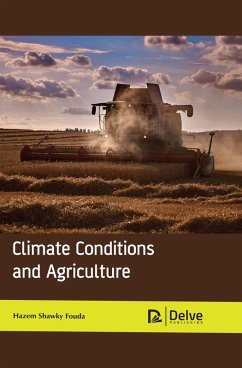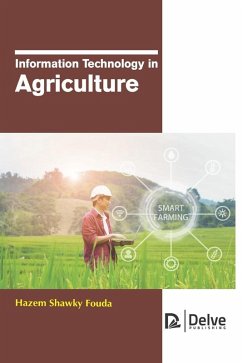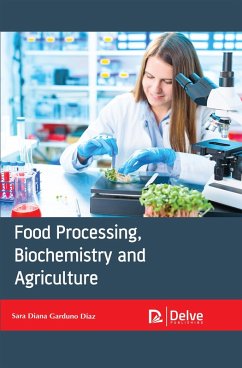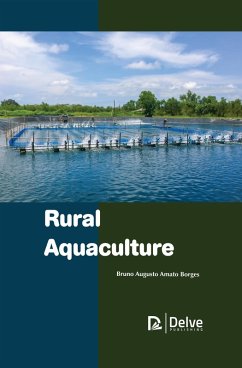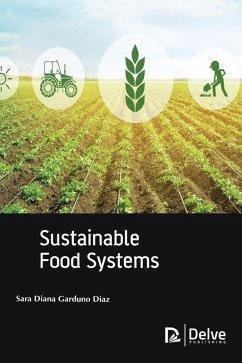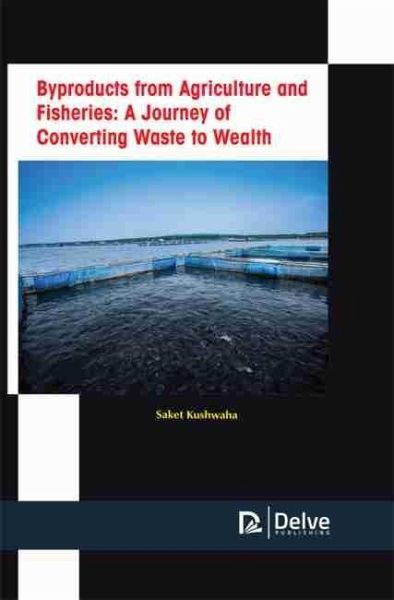
Byproducts from Agriculture and Fisheries: A Journey of Converting Waste to Wealth (eBook, PDF)

PAYBACK Punkte
73 °P sammeln!
There is a potential to alleviate food scarcity by intelligently using the byproducts from agriculture, livestock and fisheries. Therefore, there is a need to utilize the byproducts from agriculture and seafood industry while continually cultivating these two industries. There is a wide range of products which can be manufactured using byproducts from agricultural and fishery wastes. The end products manufactured from fishery and agricultural byproducts include biofuels, building materials, cosmetics, pharmaceuticals, etc.This book essentially contains a detailed discussion about environmental...
There is a potential to alleviate food scarcity by intelligently using the byproducts from agriculture, livestock and fisheries. Therefore, there is a need to utilize the byproducts from agriculture and seafood industry while continually cultivating these two industries. There is a wide range of products which can be manufactured using byproducts from agricultural and fishery wastes. The end products manufactured from fishery and agricultural byproducts include biofuels, building materials, cosmetics, pharmaceuticals, etc.This book essentially contains a detailed discussion about environmental friendly approaches to develop value-added products in the domains of food security Internationally recognized author has contributed insightful and engaging chapters on a broad selection of plant and animal byproducts, discoursing the real-world business of byproduct retrieval within the dynamic contexts of fluctuating socio-economic distresses. This book can be used as a ready reference for all the readers who intend to get a deep insight into agricultural and fishery byproducts. Moreover, this book is also equipped with fundamental byproduct conversion technologies.
Dieser Download kann aus rechtlichen Gründen nur mit Rechnungsadresse in A, B, BG, CY, CZ, D, DK, EW, E, FIN, F, GR, HR, H, IRL, I, LT, L, LR, M, NL, PL, P, R, S, SLO, SK ausgeliefert werden.




